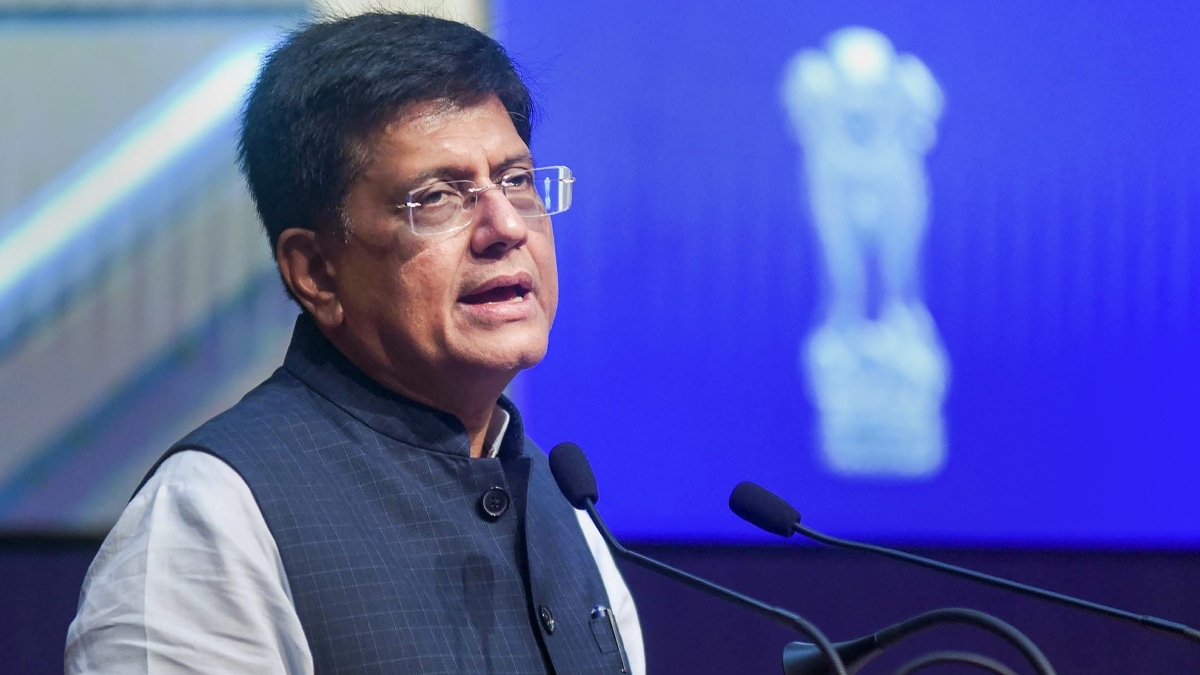The contentious issue of how to allocate spectrum for satellite communication (Satcom) services took an interesting turn on Tuesday, with Bharti Group chairman, Sunil Bharti Mittal stating that for retail services in urban areas, auction should be the preferred mode. His statement created a flutter at the India Mobile Congress, where he was speaking in the presence of Prime Minister Narendra Modi, as it echoed what has long been Reliance Jio’s position. Bharti had earlier always talked about administrative allocation as spectrum is a shared resource here.
Analysts viewed Mittal’s statement as Bharti and Jio closing ranks to ward off any potential threat from Elon Musk’s Starlink, which has also applied for satellite services licences in India. Starlink, along with other technology firms like Amazon, is opposed to the auction route. In fact, with Jio pressing for an auction, Musk retorted through a post on X, “Any decision to auction satellite spectrum would be unprecedented. This spectrum was long designated by the ITU as a shared spectrum for satellites”.
On his part, Mittal said, “Satellite companies who have ambitions to come into urban areas serving elite retail customers just need to take the telecom licences like everybody with the same conditions and will have to buy the spectrum and pay licence fees as the telecom players”.
However, he prefaced it by saying, “Telecom companies around the globe have done seminal work in connecting the world. They will take the satellite services into the remotest parts of the nations through the USO (universal service obligation) programme and directly through themselves”.
This was seen as Mittal trying to segregate the services into remote, rural, areas and urban locations and saying that for the former spectrum should be given administratively and the latter through auctions.
In a statement issued by Bharti Airtel later in the day, the company tried to clarify the same, stating that there has been no change in stance. “Apropos, the recently released Telecommunications Act, 2023 has rightly included Satcom in its ambit while assigning spectrum for Satcom on an administrative basis. We continue to strongly support this approach. Satcom will act as a complementary service to terrestrial communication services in bridging digital inclusion gap and/or servicing the specific use cases of non-retail customers such as defence, cellular backhaul or in rural and remote areas. Accordingly assignment of satellite spectrum on administrative basis can be done for such use cases,” the statement said.
“The only exception may be created for unhindered use by any government agency and for disaster management in any part of the country. Since the DoT is in the process of framing rules under the Telecom Act, we sincerely believe that the above understanding will appropriately reflect in the rules for Satcom,” the statement added.
However, analysts said that be it the Telecom Act, the global mobile personal communications by satellite (GMPCS) licence, or the Trai consultation papers, nowhere there’s any provision for segregating the services in terms rural and urban.
This was amply clear with the statement of communications minister Jyotiraditya Scindia later in the day. When asked about the issue, he said, “Satellite spectrum across the world is administratively allocated. So India is not doing anything different”. He said that satellite spectrum is a shared spectrum and for that the pricing cannot be done individually. The government will wait for Trai’s pricing method on the subject, currently, basis the administrative allocation of the spectrum.
Currently, Trai is carrying out a consultative process on how to price the spectrum if allocated administratively. This has been opposed by Jio as it wants that the regulator’s consultation process should not close the door regarding examining the auction route.
Apart from Jio, even Vodafone Idea has been in favour of allocating spectrum via autions.








